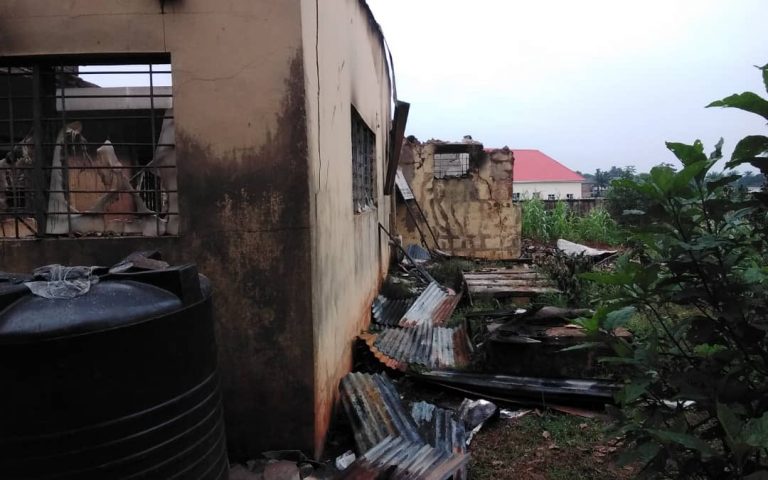National Issues
From Plateau, With Tears -By Chima Christian
By the mercies of God, we will continue working hard to piece together the many primary and secondary materials we have so accumulated on these killings, and sustain all efforts aimed at drawing public attention and proffering long-lasting solutions.

I’m pleased to report the successful completion of our official visit to Plateau state. This visit was for policy analysis on the killings in the Middlebelt region. Plateau State, as a vital fulcrum of Nigeria’s Middle Belt region, holds immense significance and promise. Sadly, it has also faced a disproportionate amount of killings and destruction.
During our stay, we visited communities affected by the violence. We also went to an IDP camp in one of the state’s most impacted Local Government Areas. We spoke with people violently uprooted from their communities and witnessed the deplorable conditions in which they now live. We visited burnt communities, but only those that were accessible. Some areas, we were told, would require more than a truckload of soldiers to visit safely.
We came across unmarked graves and briefly stayed in houses now empty because their previous owners lay in shallow graves nearby. The stories we heard were often too heart-wrenching to recount. We saw the leftovers of the properties of the killed victims. We heard tales of displaced victims being trafficked, including teenage girls and vulnerable children who lost their caregivers to violent attackers. Our engagement was direct with survivors. Their insights, perspective, and suggestions are of immense value in making sense of the problems.
Additionally, we met with community heads, religious leaders, and other stakeholders. To further enhance the quality and credibility of our research, we also interfaced with key officials of the Plateau State Government. Given the enormous governance responsibility placed on them, their experiences are invaluable in shaping policy directions that are both effective and culturally sensitive.
All through our stay, and in-between the emotionally demanding work of hearing stories of wanton killings and injustice, we fought back tears and remained focused on the primary objective of the visit. Our primary aim was to to gain a deeper understanding of the conflict, its underlying causes, its impact on the residents, and then juxtapose the secondary materials we have accumulated regarding the crisis with the lived experiences of the people.
Having gone on such visits to Benue, Nasarawa and now Plateau state, the firsthand knowledge and field experience has significantly enriched our public policy advocacy efforts.
Though the problem seem insurmountable, I have refused to believe that these killings defy solutions. I genuinely believe that through collective efforts, we can find solutions that restore peace, promote understanding, and uplift the welfare of the affected communities in the Middle Belt region.
By the mercies of God, we will continue working hard to piece together the many primary and secondary materials we have so accumulated on these killings, and sustain all efforts aimed at drawing public attention and proffering long-lasting solutions.
Africa’s morning is at hand.
Chima Christian




















